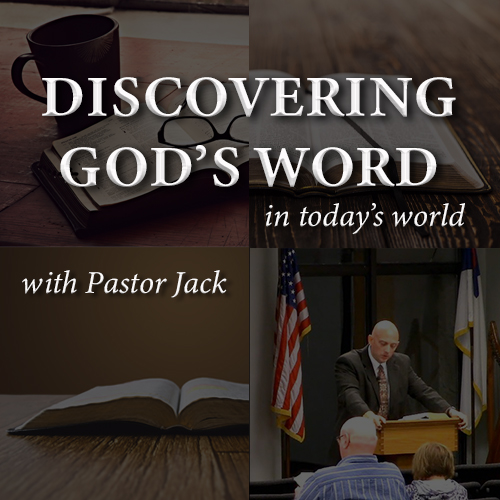The apostle Paul was a student to the end of his life. Even when in prison awaiting his death, he said to Timothy, “The cloke that I left at Troas with Carpus, when thou comest, bring with thee, and the books, but especially the parchments.” (2 Timothy 4:13). Bring the books said the stalwart old warrior! Bring the books said the man whom we are told to imitate. “Wherefore I beseech you, be ye followers of me” (1 Co. 4:16). “Brethren, be followers together of me, and mark them which walk so as ye have us for an ensample”(Philippians 3:17).
Quote: “The man who doesn’t read is no better off than the man who cannot read.”
Quote: “Five years from now you will be the same person except for the people you meet and the books you read.”
Evangelist George Whitefield read Matthew Henry’s entire commentary through four times during his lifetime. Matthew Henry made time in his busy schedule to do this. He preached an estimated 18,000 sermons, an average of 500 a year or ten a week.
John Sutcliff (1752-1814) walked 200 miles to attend Bristol Baptist College to save money to buy books (Norman Moon, “Education for Ministry: Bristol Baptist College, 1679-1779). Sutcliff pastored the Baptist church in Olney, Buckinghamshire, for 39 years and, with William Carey and Andrew Fuller, was one of the founders of the Baptist Missionary Society.
B.H. Carroll (1843-1914), first president of Southwestern Baptist Theological Seminary, “read history, all history, ancient, mediaeval, modern, civil, political and religious; biography and autobiography he absolutely devoured. He read all science, all romance, all poetry. For at least sixty of his seventy-one years, he averaged reading 300 pages a day. … He always read history with a map before him.” He told one young preacher, “My boy, you are in great danger. You have no library and do not read.”
D. Martyn Lloyd-Jones said, “I have known men in the ministry, and men in various other walks of life who stop reading when they finish their training. they think they have acquired all they need; they have their lecture notes, and nothing further is necessary. The result is that they vegetate and become quite useless. Keep on reading” (Preaching and Preachers, p. 177).
Charles Spurgeon (1834-1892) had no advanced education, but he read 6 books a week. He was reading deep theological books by Puritans at age 10. Spurgeon advised the preachers in his Bible College, “Sell your shirt and buy books.”
Spurgeon did not have a lot of patience with preachers who despise commentaries. He addressed the following statement to his Bible School students:
“Of course, you are not such wiseacres as to think or say that you can expound Scripture without assistance from the works of divines and learned men who have laboured before you in the field of exposition. If you are of that opinion, pray remain so, for you are not worth the trouble of conversion, and like a little coterie who think with you, would resent the attempt as an insult to your infallibility. It seems odd, that certain men who talk so much of what the Holy Spirit reveals to themselves, should think so little of what he has revealed to others. My chat this afternoon is not for these great originals, but for you who are content to learn of holy men, taught of God, and mighty in the Scriptures. It has been the fashion of late years to speak against the use of commentaries. If there were any fear that the expositions of Matthew Henry, Gill, Scott, and others, would be exalted into Christian Targums, we would join the chorus of objectors, but the existence or approach of such a danger we do not suspect. The temptations of our times lie rather in empty pretensions to novelty of sentiment, than in a slavish following of accepted guides. A respectable acquaintance with the opinions of the giants of the past, might have saved many an erratic thinker from wild interpretations and outrageous inferences. Usually, we have found the despisers of commentaries to be men who have no sort of acquaintance with them; in their case, it is the opposite of familiarity which has bred contempt” (Spurgeon, Two Lectures Addressed to the Students of the Pastor’s College, Metropolitan Tabernacle).
Spurgeon advised his Bible students to read the entire multi-volume Matthew Henry commentary set in the following twelve months after they graduated from Pastor’s College.
Spurgeon observed that a good commentary will provide new lines of thought to the student. Of Matthew Henry, Spurgeon said,
“You will find him to be glittering with metaphors, rich in analogies, overflowing with illustrations, superabundant in reflections. … You will acquire a vast store of sermons if you read with your notebook close at hand; and as for thoughts, they will swarm around you like twittering swallows around an old gable towards the close of autumn.”
Many men of God of former times were more studious than the average preacher today and much wiser about the value of good books.
– Compiled by Evangelist David Cloud

